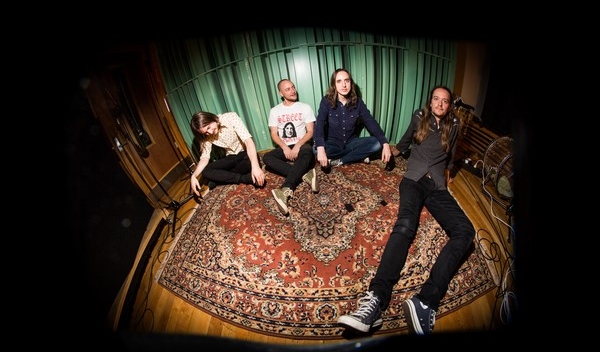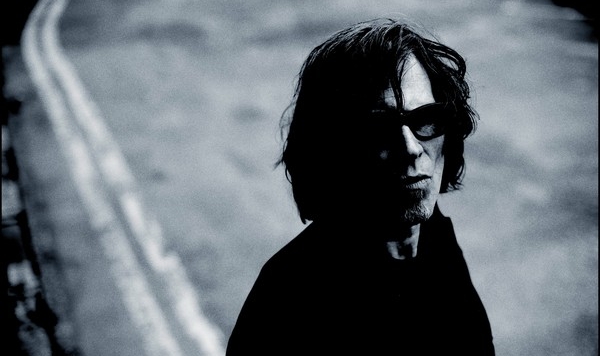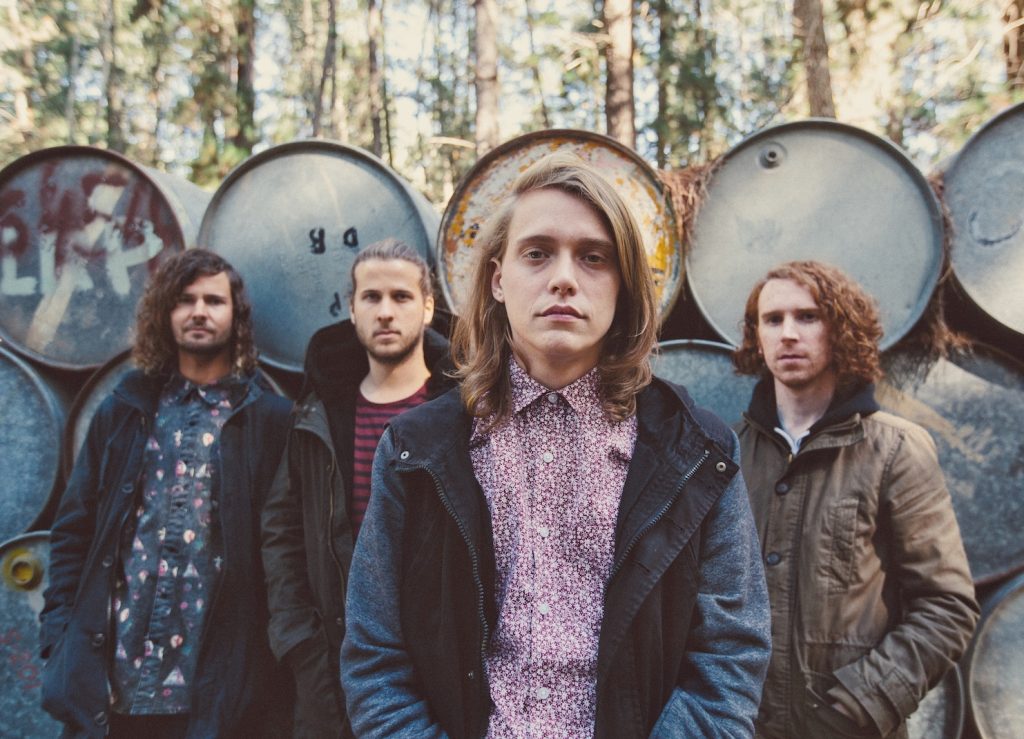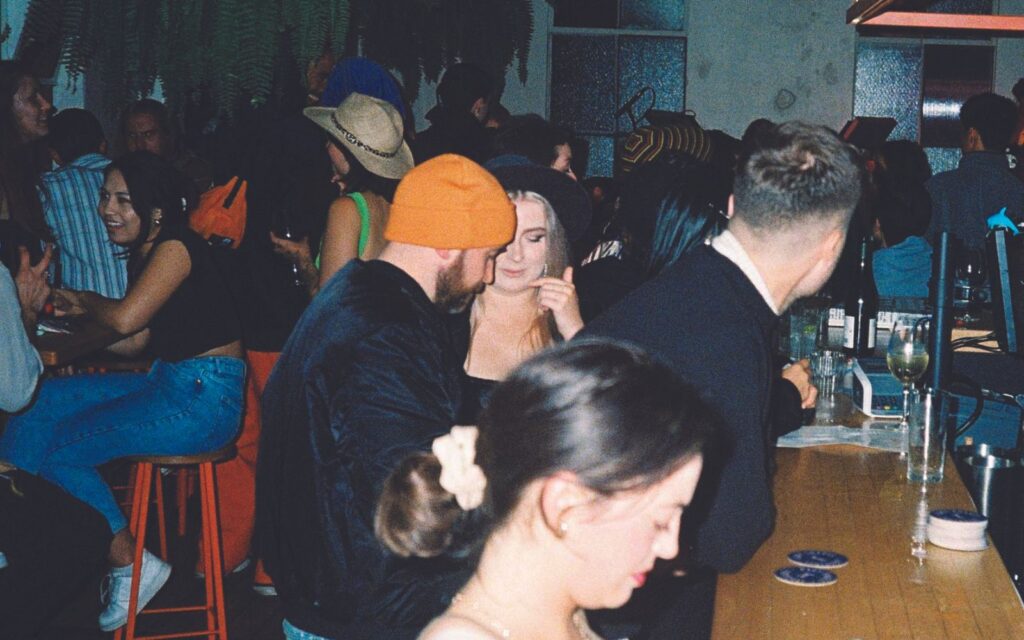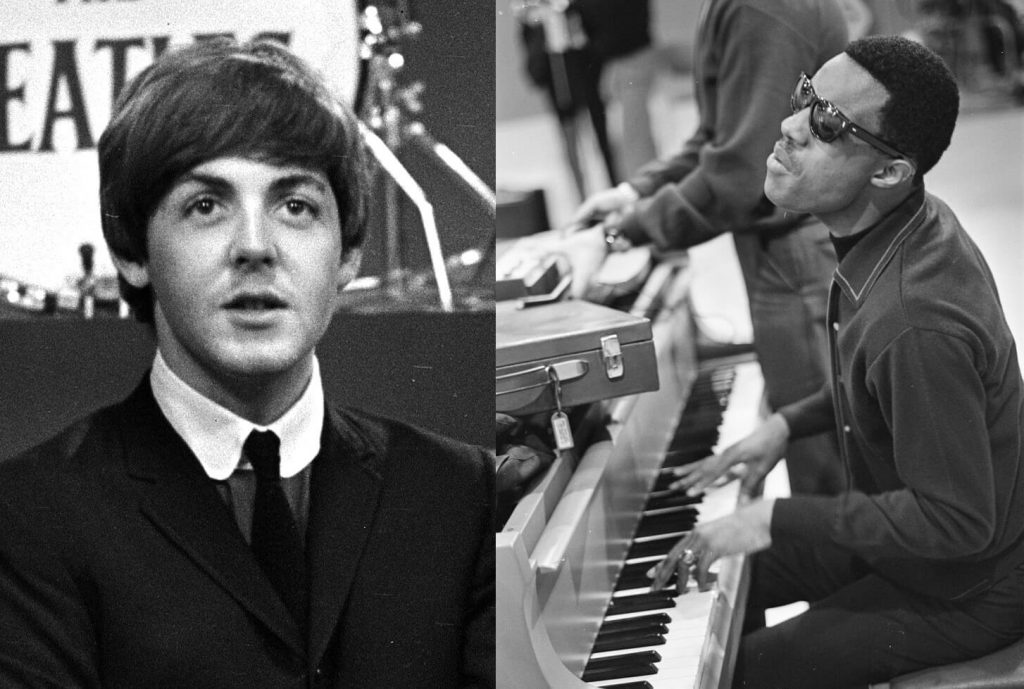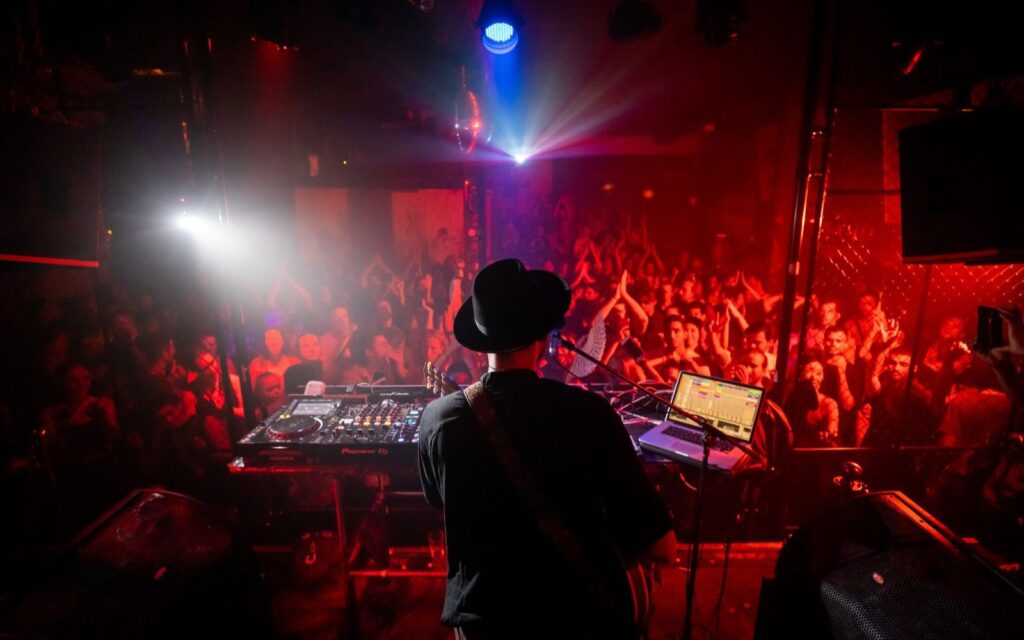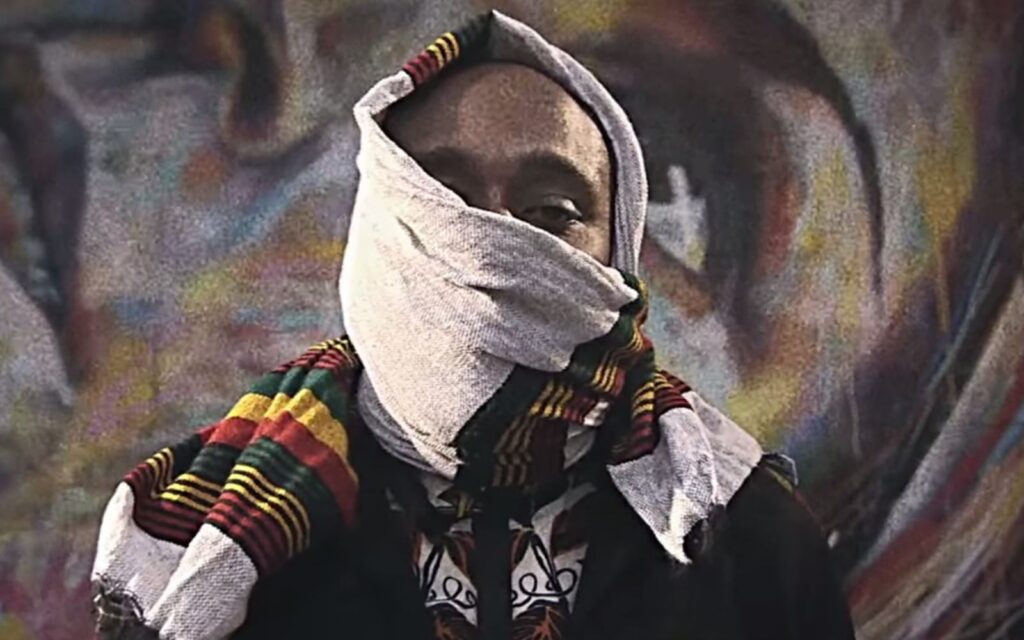When we speak to Dolf de Borst (the band’s lead singer and bassist), he’s bunged with snot. He’s on the back of a month-long tour of Europe with the fellas and, understandably, he’s a little run-down. He’s also in a van with the band driving through the snow and fielding interviews, the logistics of which puts the kibosh on some of our questions. For instance, he’s previously described his compatriots as eccentric and having their own idiosyncrasies. What are their quirks and how does he deal with them? “It’s a great question, but it’s probably not the best place for me to answer that, because everyone else is right next to me,” he laughs.
The Datsuns are actually in the middle of a pretty heavy touring schedule to celebrate their latest release Deep Sleep: a loud and proud homage to ‘70s metal from start to its (all too rapid) finish. It’s a high voltage effort, impressive too because the band laid it down in ten days (five days writing songs and five days in the studio) – another logistic conundrum, because the fellas have a raft of other responsibilities these days: kids, other bands, and a recording studio in de Borst’s case. They also live in far flung parts of the globe: Ben Cole and Phil Somervell are still based in NZ, but Christian Livingston is in London and de Borst in Stockholm, with his Swedish missus.
Interestingly, de Borst describes the band’s standard operating procedure as being democratic and a four-way dictatorship. How does that work? “If someone fights really hard for an idea it will either stay in or, if someone feels really strongly and negatively about something, it stays out,” he explains. “For instance, I could write a song by myself and show it to the rest of the band and then it can get pulled in lots of different directions until we decide how The Datsuns are going to do it and then in the end it’s credited to all four of us, so everyone gets to put their stamp on the songs: it’s not just one person’s vision. It definitely goes through this filter of the four of us and sometimes that can lead to arguments or different discussions about how it should go.
“For maybe the last couple of years, things have been probably a little bit smoother, maybe because we’ve got older or a bit more pragmatic with our time. During the time we do spend together now we work more efficiently as a band.”
Fortuitously, The Datsuns happened to be in New Zealand at the start of the year to play a one-off outdoor show and had a tiny bit of time up their sleeves before each headed back home. When they looked at the rest of the year, they realised there weren’t going to be too many other opportunities to record, so they decided to take advantage of the window of opportunity that they had. The band went into the studio treating this album as an experiment – they wanted to see if they could pull it together within ten days and they had certain sonic parameters within which they wanted it to fit. Specifically, they wanted to make it sound rawer than Death Rattle Boogie, their previous album. “It helped that we set a bit of a manifesto for the kind of record that we wanted to make, so we were all on the same page right from the very beginning,” de Borst recalls. “It was an experiment to see what we could come up with within that time and creatively it was a successful way to go about it – we had this almost finished record at the end of those days.”
This ethos of a quick game’s a good game is also partly fuelled by the fact the dudes have apparently short attention spans. “Being analytical in the studio doesn’t really work super well for us, with our temperaments, we like to get an idea down quick and move on and try to capture that moment.”
De Borst remembers what it used to be like way back when you got your tunes from the record store and not the ‘net: “We grew up in a pretty small town of about 1000 people,” he explains. “We had to order records in and wait weeks to get stuff, that’s how isolated the town was. I can remember when we saw the Foo Fighters, they were playing with Sonic Youth on one of their first tours. We were really young then. Phil lost his shoe – they disintegrated I think at that show.
“Around that time, we started hanging out with Christian a bit more and he was into classic rock, because he’s a little bit older than us. He and his friends were all, ‘Check out this drum solo and check out Deep Purple,’ and so we started getting into T Rex and Devo. We used to rent this T Rex VHS from the local Video Mart. We ended up buying it off them in the end, because I don’t think anyone else rented it.”
BY MEG CRAWFORD
